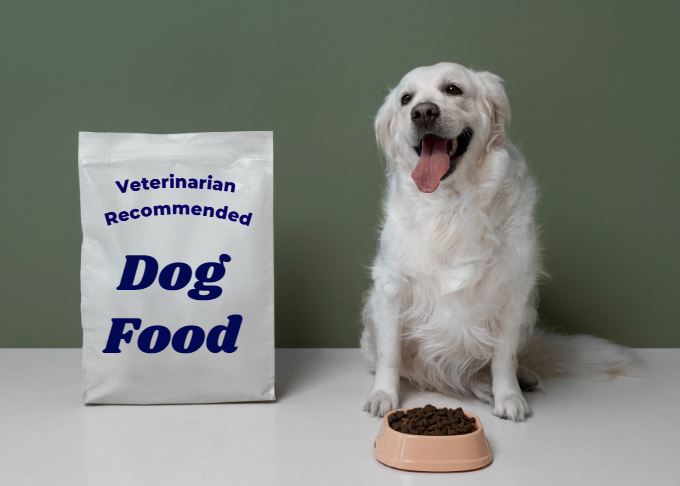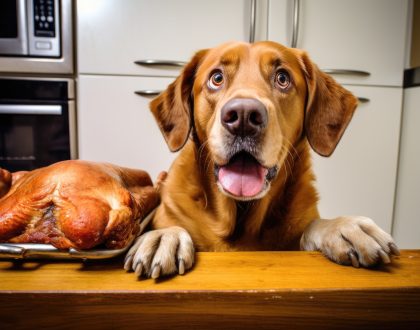
the scientific study of pet nutrition by veterinary nutrition specialists and experts.
Veterinarian Recommended Pet Foods: What You Need to Know

Many pet food companies prominently feature the “veterinarian recommended” label, enticing families seeking the best food for their pets. However, what exactly this label means and how it can help you to make an informed choice can be a bit of a mystery. In this post, we’ll cover what the regulations are for products bearing the “veterinarian recommended” claim.
Who Decides What Claims Can or Can’t Be Made on Pet Food?
The Association of American Feed Control Officials (AAFCO) plays a central role in pet food labeling, and it’s the authority behind guidelines governing claims like “veterinarian recommended.” It’s important to remember, however, that AAFCO provides guidelines but doesn’t approve, test, or certify pet foods (https://vetnutrition.tufts.edu/2021/03/did-you-know-aafco-doesnt-approve-pet-foods/). Most states create laws and policy from these guidelines, but individual states can also add their own specific rules and standards regarding pet food labeling. To ensure you’re getting the up-to-date and most relevant information specific to your area, consider reaching out to the regulatory authorities in your region (https://www.aafco.org/consumers/understanding-pet-food/).
What Does AAFCO Require for a ‘Veterinarian Recommended’ Claim?
AAFCO Guidelines state that “A personal or commercial endorsement is permitted on a pet food or specialty pet food label provided the endorsement is not false or misleading.” (https://www.aafco.org/resources/startups/labeling-labeling-requirements/). So, while this does allow a claim like “veterinarian recommended,” it does not specify the precise criteria to substantiate your claim isn’t misleading. The AAFCO Pet Food Committee clarifies that conducting a statistically valid survey of veterinarians is essential to support such a claim. This implies that surveying just one or two veterinarians is insufficient, but the exact number of veterinarians to survey and the format of the survey is not defined. Further, they note that it is not possible to provide a specific figure, as the concept of “statistically valid” varies based on several factors. This is where it’s important to remember that local states and not AAFCO actually regulate pet food, so state control officials would be the group that would determine what data is needed to substantiate any claims that are made on product labels. But the “veterinarian recommended” claim is probably rarely questioned, so how rigorous the evidence there really is remains unknown.
Can Pet Foods Also Have a “Veterinarian Approved” Label?
AAFCO guidelines are pretty clear that veterinarians do not approve labels or products. However, that doesn’t mean you won’t find pet food labels (or associated advertising on websites) that use this statement.
Should I Pick a Pet Food That is “Veterinarian Recommended”?
Because this claim has only minimal criteria that may not always be followed, we recommend using other criteria and asking your veterinarian to help you make the most informed decision about what to feed your pet: https://vetnutrition.tufts.edu/2016/12/questions-you-should-be-asking-about-your-pets-food/.
Want to read more information on feeding your pet?
Subscribe to always know when we add new material!
Recommended Posts

Can Diet Help With My Dog’s Seizures?
January 18, 2024

The Most Popular Holiday Foods…That Your Pet Should Avoid!
December 08, 2023

Stalk About Nutritious: It’s Corn!
September 19, 2023

